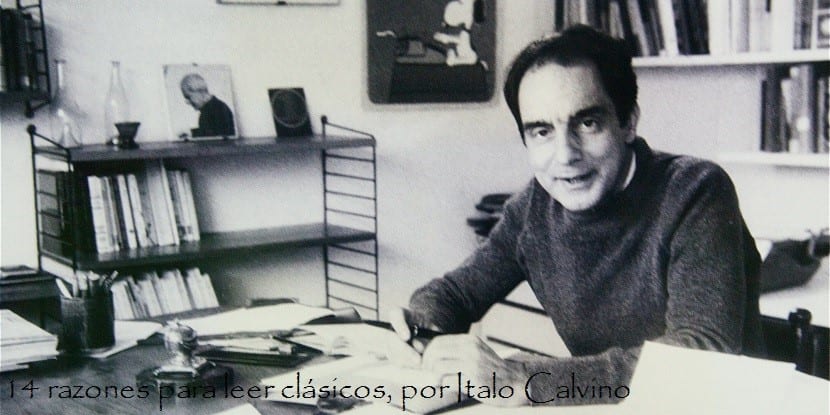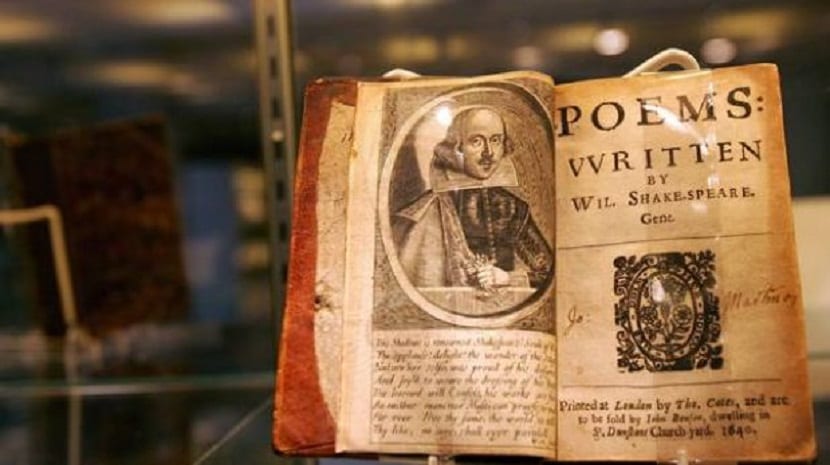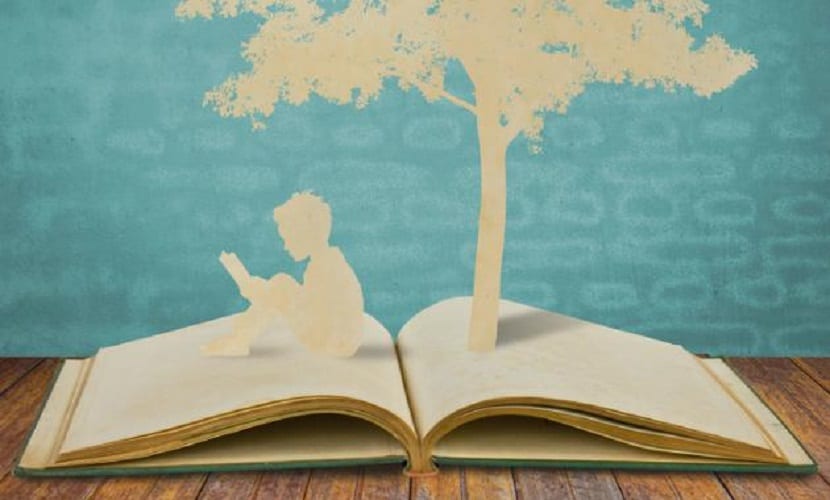Italo Calvino He was born in a city of Havana (Cuba) called Santiago de Compostela de Las Vegas, specifically on October 15, 1923 and died in Siena (Italy) on September 19, 1985, at the age of 61.
Cuban of Italian parents, he lived a large part of his life in Italy, where he would not only train but also where he developed much of his literary passion.
Affiliated with the Communist Party, he fought in the war as a partisan, fighting against fascism. Which helped him to write his first book «The trails of the spider's nests », in which he narrated his experience in the resistance. At first his literature was neorealist, but after trilogy «Our ancestors", composed of the novels «The viscount half ", who are "The Rampant Baron » Y "The nonexistent knight », got carried away more by fantasy and poetic storytelling.
The most frequented themes in his novels are:
- The consciousness of being.
- Denunciation towards contemporary reality.
- Denouncement of people's improper fear of loneliness.
- Denounce the non-individuality of the person in the world.
- Denunciation of the series of pre-established behaviors that are imposed on people.
- The problems of contemporary industrial society of the moment.
In his book «Marcovaldo » (1963), it is clearly seen what the two literary aspects that Calvino works on in his narrative: the realistic and the fantastic. On the other hand, his poetry opened up to a new cultural, moral and stylistic climate, driven by an interest in scientific or mathematical arguments, but in which his characteristic ironic and distorting attitude towards reality clearly survives.
Calvin's Essay: 14 Reasons to Read Classics
In an essay published in 1986 in 'The New York Review of Book ', Calvin gives us 14 reasons to read the great classics of literature… And although the main reason, and that should be enough for us, to read the greats of literature, is that they survive and last over time, these other reasons that the Cuban writer gives us are not wasted. We are going to see them and analyze them point by point.
1) The classics are the books of which you usually hear people say: "I'm rereading ..." and never "I'm reading ...".
Reading a great book for the first time in adulthood is an extraordinary pleasure, different from (although one cannot say more or less than) the pleasure of having read it in youth. Being young brings to reading, as to any other experience, a particular flavor and a particular sense of importance, while in maturity one appreciates (or should appreciate) many more details and meanings of that same reading.
2) We use the word "classics" for those books that are treasured by those who have read and loved them; but they are not less appreciated by those who are lucky enough to read them for the first time in the best conditions to enjoy them.
Reading in youth can be quite fruitless, due to impatience, distraction, lack of experience with reading and understanding the book, and finally, lack of experience in life itself ... If we reread the book to a mature age (what the previous point told us) it is likely that we will re-discover these constants, which at that time are part of our internal mechanisms, but whose origins we have forgotten.
3) There must, therefore, be a moment in adult life dedicated to reviewing the most important books of our youth.
There are great classics that exert such a particular influence on us that they refuse to be eradicated from the mind by hiding in the folds of memory, camouflaging themselves as the collective or individual unconscious. That is why they should be reread once we reach maturity. Even if the books remain the same (although they do not change, in light of an altered historical perspective), surely we have changed, and our encounter with that same reading will be a totally new thing.
4) Each rereading of a classic is as much a journey of discovery as the first reading of it.
What was said before, that each new reading that we do of the same book, varies a lot depending on our personal situation, our new experiences, the way of life that we lead at that time ... Everything changes, although the book remains the same .
5) Each reading of a classic is in fact a rereading.
6) A classic is a book that has never finished saying what it has to say.
7) The classics are the books that come to us bearing the traces of the readings prior to ours, and bearing in their wake the traces that they themselves have left in the culture or cultures they have passed through.
And this point is closely linked to point 5 where Italo Calvino affirms that "Each reading of a classic is in fact a rereading."
According to Calvin,
schools and universities should help us understand that no book that talks about another book says more than the book in question. There is a very general attitude of values whereby the introduction, critical apparatus, and bibliography are used as a smokescreen to hide what the text has to say.
This clarification explains the 5 more reasons to read classics that come next:
8) A classic does not necessarily teach us something that we did not know before.
In a classic, there are times when we discover something that we have always known (or thought we knew), but without knowing that this author said it first, or at least associated with it in a special way.
9) The classics are books that we find newer, fresher, and more unexpected after reading them, than we thought when we heard about them.
This only happens when a classic really works as such, that is, when a personal relationship is established with the reader. If the classic-reader spark does not exist, it is a pity; but you shouldn't read the classics out of duty or respect, just out of love for them.
10) We use the word "classic" from a book that takes the form of an equivalent to the universe, on a par with ancient talismans.
11) Your classic writer par excellence is the one with whom you cannot feel indifferent, since it helps you define yourself in relation to him, even in conflict with him.
12) A classic is a book that is presented before other classics; But anyone who has read the others first, and then reads this one, instantly recognizes their place on the family tree.
This point is a problem related to questions such as: Why read the classics instead of concentrating on the books that allow us to understand our own minds more deeply? Or, where are we going to find the time and tranquility to read the classics, overwhelmed as we are by the avalanche of current events?
And to these questions, Italo Calvino responds with the last two reasons:
13) A classic is something that tends to relegate the concerns of the moment to the background noise situation, but at the same time this background noise is something that we cannot do without.
14) A classic is something that persists as background noise even when the most incompatible momentary concerns are in control of the situation.
It seems that the fact remains that the reading of the classics seems to conflict with our current rhythm of life, which no longer allows us to have long periods of time to read. However, and I add my own voice, it is more a matter of decision when picking up one volume or another (classical literature vs. current literature) on the shelves of a library or bookstore.
And finally, to read, to enrich yourself culturally, you always have to find a little daily time.


